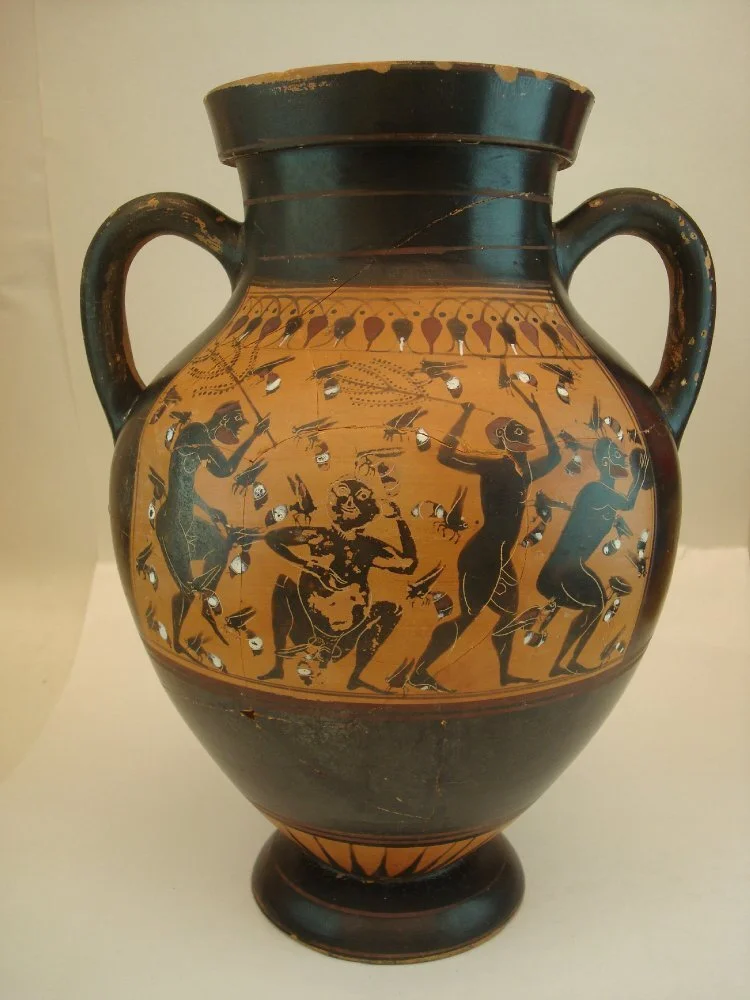I’ve written quite a bit about the PGM, clearly it composed an important element of my magical and spiritual practice. Yet despite having worked very closely with some Graeco-Egyptian spirits, I do not strongly identify with either Greek or Egyptian “religion.” So why do I place such high value on the PGM?
This is precisely what we find with PGM IV. 2708-2784, a spell that boasts the blockbuster title “Another love spell of attraction. “ Yet beyond this title there is a stand alone – and extremely effective – invocation of Hekate for any petition that falls within her domain.
The Maskelli Maskello formula is one of the most common magical incantations of the ancient world. We find it in love spells, coercion spells, curses and invocations, it can stand on its own as well as be mixed into other strings of voce magicae. The widespread use of the formula within the magical papyri and on other magical material (curse tablets, etc.) speak to a very ancient point of origin.
Few deities have forged the intimate link with magicians, witches and magical practitioners that Hekate has in her various manifestations. As the bonafide patroness of magic and witchcraft and goddess of liminality, Hekate has represented and embodied the sacred mysteries and arcane arts for millennia.
The term ‘Bowl Divination’ as the translation of the Greek λεκανομαντεία (lekanomanteia, ‘lecanomancy’) fails to capture the full intent, power and purpose of the practice. Indeed, the scribe here presents a rite in which a specific god or spirit of the dead is actively called forth as opposed to the passive act of divination.
The magical system of PGM IV 154-285 promises “a holy power” and the ability to evoke and obtain information from any spirit or god. Such operations of “miraculous nature” require that the practitioner first complete the initiation ritual that constitutes the majority of the text.
The invocation to Typhon (lines 180-209) is the crux of the initiation rite into the magical system of PGM IV. 154-285. As we have discussed previously, this is literally the rite of passage that the candidate must complete prior to engaging in the Evocationary Bowl Scrying practices.
In the Greek Magical Papyri (PGM) the term ‘phylactery’ describes an object that is worn by the practitioner as protection from the gods, daemons and other spirits. Unlike amulets and talismans, a phylactery is only worn during magical rituals and was not intended for daily use.
This is the first post, on a series of posts I intend to make on PGM IV 154-285, "Nephotes to Psammetichos letter concerning bowl divination." The intent here is to introduce the passage and discus it as a complete and workable system of magical practices. Future posts will delve deeper into the individual rituals of the passage and document my personal progress.
The pronunciation of the divine names, nomina barbara, or voce magicae of western ritual magic can be a hotly debated subject. Many will argue that proper pronunciation of these magical formulae is not critical and that it is the intent behind the word that empowers the rite. Indeed, the power of intent is indisputable; however, there is also the essential vibrational quality of sound that I believe is as important as the intent, if not more.









